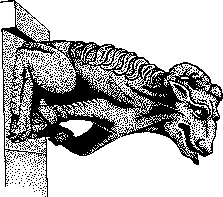
COMMON
TRAITS
Even though
each of these stone creatures are a
unique piece of art, several common
themes can be found in them. Most of
these draw on the rites and beliefs of
the pagen religions. Historians have
found the following common themes in
these stone
monstrosities.
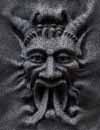
<
/font>DISEMBODIED
HEADS:This symbolism dates
back as far as the 5th century Celtic
Tribes. Headhunting was common, the
disembodied head became a symbol of
power.
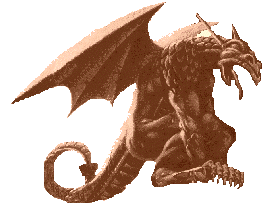
<
/font>GAPING
MOUTHS:Often Gargoyles or
Grotesque sculpture will have wide open
mouths. This implies size, especially
when smaller figures surround the"Open
mouthed Giant" Other figures are seen
swallowing other smaller creatures.
This was seen as a reminder that we are
all vulnerable to forces larger than
ourselves.
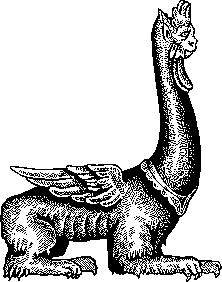
GENDER/SPECIES
COMBINATIONS:These most fearsome of
statues symbolize Chaos, by showing the
most unnatural of creatures. Many of
these statues are repulsive if not
frightning This symbolism
was used by many of the ancient
religions, as it implied the religion's
ability to overpower chaos & demons. It
most likely helped link the Church to
the "Natural Order" of things in the
minds of the masses.
This group of statues are also called
Chimeres, however in the truest meaning
of the word, a Chimere had a head of a
lion, the body of a ram, and the wings
of an eagle.
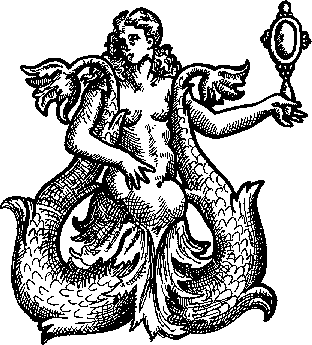
SEXUAL
OBJECTS:In all early religions
fertility was given holy status. Images
that may seem erotic or sexual in nature
were meant to emplore the gods for
fertility for the people or
crops.
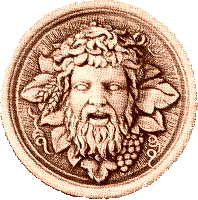
HUMANS WITH
FOLIAGE:The ancient Druids
worshiped the Oak tree. Oak leaves
became important symbols. Faces made up
of leaves were powerful images. Other
Cultures
saw the image of a man/woman crowned
with branches or Vines as a sign of
divinity and the bond between man and
nature. Faces with vines or branches
sprouting from the ears or head were
another variation on the theme. These
sulptures have been nick
named the "Green Men". The above image
of the Greek God- Baccous- God of
wine & frolic is an example of this.
So that is a brief discription
of what those creatures are, and some of
why they were built. However the
question remains, why after all the
advances made by modern man do we still
see Gargoyles and Grotesques adorning
modern office buildings? Do we still
seek protection from the forces of evil,
or are they simply a whimsical reminder
of our past? Perhaps we just like to
know we have Friends in High
Places.CLICK FOR
GREAT LINKS!!!!
TRAPS
QUICK TRIP NAVIGATOR


















